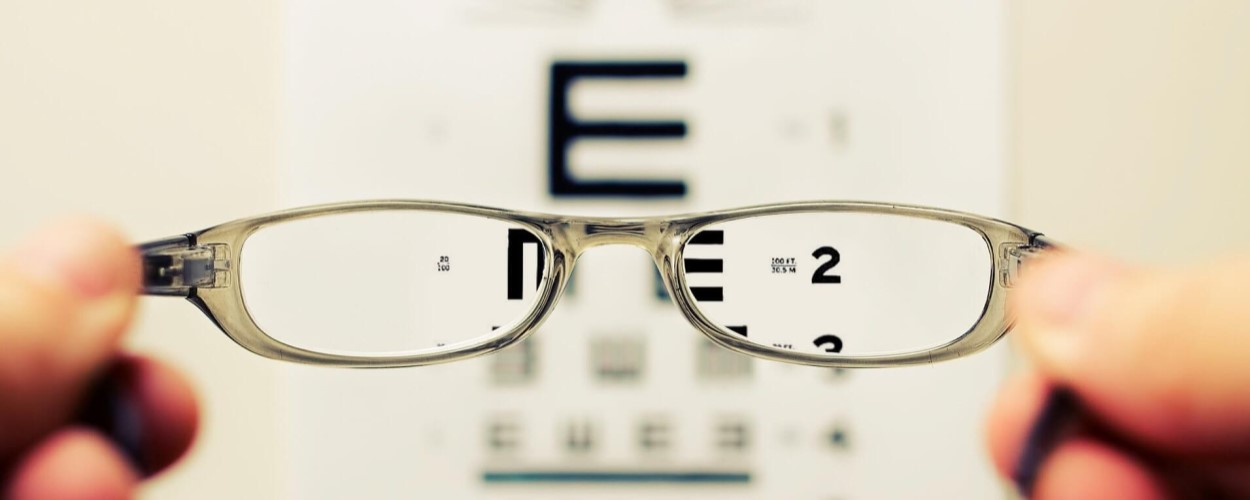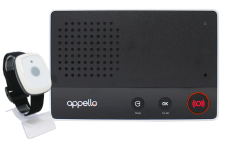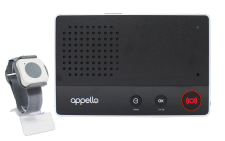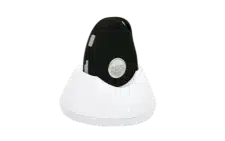Taking care of your eyesight is always important, no matter how old you are. However, as we get older, we might start becoming aware of a few more eye health concerns. When it comes to our elderly loved ones, there are so many things to consider. Lots of us have vision issues throughout our lives, which we can often resolve easily with glasses, contact lenses, or minor surgery. However, as we age, the eyes can begin to deteriorate a little faster than before. Here is our comprehensive guide to elderly eye care.
The Importance of Eye Care for the Elderly
If our vision is impaired, our risk of falls and injuries increases dramatically. What’s more, older people’s bodies often take longer to recover from injuries. Therefore, eye care becomes even more important in later life.
In addition, elderly drivers must pay extra attention to their eye care. If your elderly loved one’s vision deteriorates and they hold a driving licence, they must inform the DVLA. Once they reach the age of 70, they will need to renew their driving licence every three years. This involves an eyesight test. If an elderly driver’s vision is not up to scratch, they will have to surrender their licence. With this in mind, it’s important to be proactive with eye care. Don’t just wait for your (or your loved one’s) vision to worsen; make regular appointments to make sure everything is as it should be.
Next, we’ll discuss some of the most common eye conditions to be aware of.
Eye Conditions to Look Out For
Below are three of the most common eye conditions among older people. If you notice any of these symptoms in yourself or your loved ones, you should make an appointment with an optician.
Cataracts
This is a condition where the lens of the eye becomes visibly cloudy and causes blurred vision. This often leads to a decline in coordination, which can make falls and injuries more likely. Without proper treatment, cataracts can lead to blindness. This condition usually appears in both eyes and seriously impedes the sufferer’s ability to carry out day to day activities. Risk factors include smoking, obesity, and high blood pressure. If the cataracts are mild, stronger glasses will help with vision. However, as they worsen over time, surgery is usually the only effective treatment.
Glaucoma
Glaucoma occurs when there is a build-up of fluid in the front part of the eye. This subsequently creates a build-up of pressure inside the eye. Again, this can lead to loss of vision without proper treatment. The least intrusive way to manage glaucoma is with eye drops. Otherwise, it requires laser treatment or (in some cases) surgery. Afterwards, the patient will have regular appointments to monitor their condition and ensure that the treatments have been effective.
Macular Degeneration
This illness happens when a part of the retina called the “macula” wears down over time. Usually, it causes blurry vision or dark, blurry areas in the middle of your vision. While macular degeneration rarely causes blindness, your vision can deteriorate significantly without the correct treatment. Unfortunately, there is currently no cure for macular degeneration. There are, however, helpful preventative measures such as not smoking and eating plenty of fruits and vegetables.
When Should I Seek Medical Advice?
If your elderly loved one has noticed any change to their vision, you should take them to see their GP or an optician. It is always better to act sooner rather than later, when damage may have already occurred.
Why Choose Careline365?
Careline365 is committed to providing excellent quality care for your elderly loved ones in their home. Reduced vision can heighten the risk for someone who is already vulnerable. Call our Customer Service Team on 0800 101 3333 for more information about our life-saving alarms.
You can also get in touch online via email or by filling in our Contact Us form.
Choose Your Personal Alarm
To help you choose, start by selecting where you would use your personal alarm. In home only or at home and on the go.













Leave a Reply